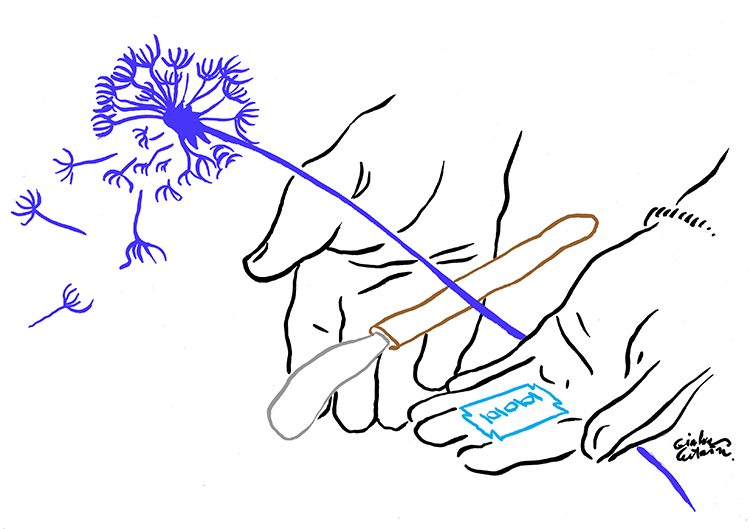1. Somaliland issues a fatwa to ban female genital mutilation
Change may be coming for girls in Somaliland. On Tuesday, the same day as International Day of Zero Tolerance for FGM, the religious authority in Somaliland issued a fatwa, or religious order, to outlaw the controversial practice of female genital mutilation (FGM). The religious ban comes just weeks after recent legislation criminalizing rape and weeks before a bill banning FGM is expected to appear in parliament.
Activists who have campaigned for decades against FGM in Somaliland are celebrating the fatwa as a step forward in achieving women’s rights.
According to the UN, at least 200 million girls and women around the world have gone through some form of FGM.
2. Spain’s first Black female MP tackles racism, sexism and exclusion
Rita Bosaho is unapologetically Black, and we’re here for it. Entering her third year as Spain’s first Black female member of Parliament, Bosaho has taken on an ambitious agenda. She is pushing for greater inclusion of people of color, women, and immigrants across Spanish society, and her efforts have provoked criticism from colleagues and the media. But she’s forging ahead. Bosaho herself lives at the intersection of those identities and recognizes both the opportunity and the responsibility of being a role model within those communities.
3. At Sri Lanka’s polls on Saturday, a quarter of local election candidates will be female
For the first time in Sri Lanka’s history, 25 percent of all candidates in Saturday’s local elections will be female. The historic quota law was passed in 2017 to increase female representation in local politics: Despite making up more than half of Sri Lanka’s registered voters, women hold only two percent of local government positions.
Getting the law to pass was only part of the battle. Many female candidates have faced sexual assault and open opposition from religious leaders throughout their campaigns. Discrimination and abuse against female candidates from within party structures have led many of them to run as independents. In the midst of the struggle, candidate Harshani Sandaruwani said that more and more people are believing that greater representation of women in politics can reduce corruption.







